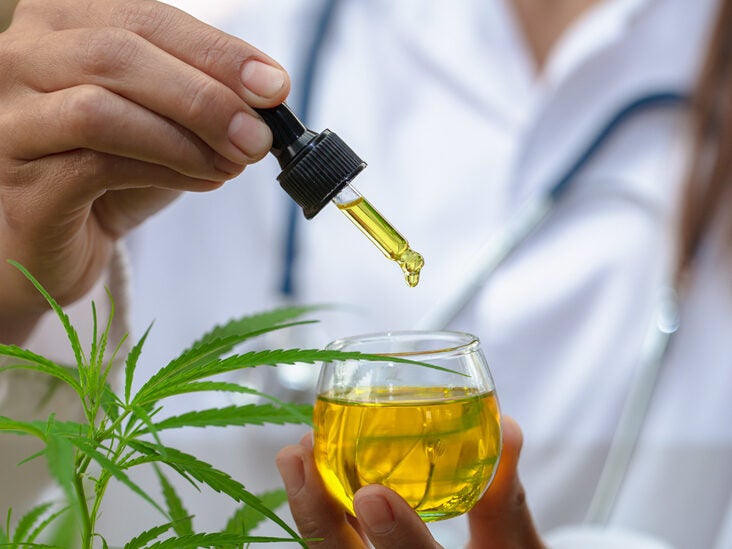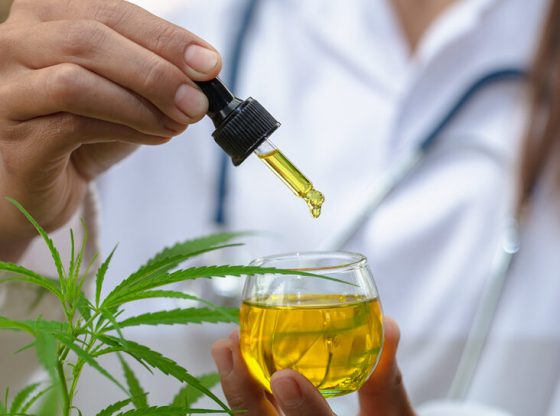
Marijuana, one of the most controversial drugs in modern society, causes many effects on consumers ranging from bizarre behavior to memory loss and anxiety. One of the newest products being sold as a substitute for smoking pot is called Cannabinoid, commonly known as CBN.
Some of the effects of CBN products entail:
Anti-Inflammatory Effects
CBN has anti-inflammatory properties, which may help reduce the symptoms of many inflammatory conditions without causing any psychoactive high. This can explain why marijuana is good for treating autoimmune diseases like multiple sclerosis and similar disorders that are often very painful or uncomfortable.
Antiemetic Effects
The most abundant cannabinoid is Phytocannabinoid tetrahydrocannabinol, more commonly known as THC. THC has been shown to carry numerous physical and mental benefits, including antiemetic properties for those undergoing chemotherapy, appetite stimulation, pain relief, and anxiety reduction.
Cardiovascular Effects
The study of cannabis has led to the discovery that broad spectrum CBN modulates blood pressure by activating pathways involved in regulating vascular tone and heart rate. The CB1 receptor seems to be responsible for some cardiovascular effects, while the CB2 receptor modulates the immune system, which could also affect cardiovascular function.
Vasorelaxant Effects
The vasorelaxant properties exhibited by cannabinoids may be useful medicinally as they relieve one of the causes of elevated blood pressure, stress. For example, if stress is causing high blood pressure, using a cannabinoid might help reduce this effect. Additionally, because these drugs work through many of the same channels as other hypotensive drugs, they could be used in conjunction with these medications to help improve effectiveness or ease side effects.
CBN is known to have many medical uses and can be used as a treatment for insomnia. The natural effects of CBN include anti-bacterial, anti-inflammatory, and antipsychotic properties. This can explain why it has been found that regular cannabis consumers often have lower rates of depression and fewer psychiatric disorders than those who do not consume the drug.
